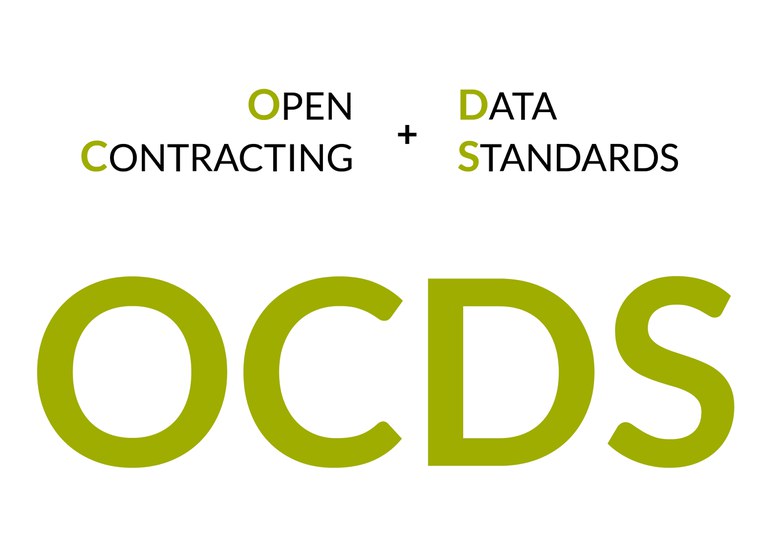Addend No. 1: Open Contracting
The Open Contracting Partnership states that:
“Open contracting is about publishing and using open, accessible and timely information on government contracting to engage citizens and businesses in identifying and fixing problems.”
Essentially, open contracting is made up of the affirmative disclosure of information and involvement, monitoring, and oversight of all public contracts. Open contracting ensures more profitable trade agreements for governments, equality of arms for private entities, and top-of-the-line products and services for citizens.
I hope you still remember what data standards are used for because now we have to add it to the open contracting.
Addend No. 2: Data Standards
Imagine you have a set of data and you want to share it with someone. But let’s first compare it with handwritten text. Have you ever tried to share your handwritten notes with anyone? They may be clearly understandable for you, but are they clear for the other person? For that reason, we have block letters, a standardized version of the handwriting. For that reason, there are some standards in life. The same is with data.
Data standards ensure universal accessibility and ease of reuse by others. In addition, they bring down the costs of integrating with other solutions that have the same standard.
Please keep that information in mind. We will need it for the following text.
Open Contracting + Data Standards = OCDS

As you may have already guessed, the addition of our two addends equals OCDS or the Open Contracting Data Standard. The OCDS was established at the end of 2014 by the Open Contracting Partnership initiated by the World Bank Group. It was created to provide shareable, reusable, machine-readable open data on public contracting across the entire cycle of public procurement. Publishing readable data, combining and comparing them with your own information, and creating tools for analyzing and sharing data on the state of public procurement - all of them are the rewards of use of the OCDS.
What should you do with this knowledge now?
You may wonder what is next. What you should do with learning all that information. That’s also not a complex issue. Here are 4 examples of use cases of the OCDS:
- Value for money in procurement
- Detecting fraud and corruption
- Competing for public contracts
- Monitoring service delivery
You can also use the OCDS on the model of countries reforming their public sectors around the world. For example, Columbia achieved from 10 to 15 percent of savings on the provision of school meals. Nigeria opted for the OCDS in public procurement systems, prioritizing reforms in key ministries, including Power, Transportation, and Agriculture. Conducting a study using data on women-owned business, Albania a series of efforts undertaken by the government on supporting women entrepreneurs.
Some more of that, implementation of the OCDS may also have some diplomatic benefits. Due to Ukraine's significant achievements in open contracting Ukraine was elected as a Chairman of the Work Program on Collection and Reporting of Statistical Data of the World Trade Organization (WTO).
The Ukrainian ProZorro e-procurement system, which has in its heart the OCDS, is a bright example of how open data ensures transparent public procurement, favorable impact on the economic development, and reduced level of corruption of Ukraine public tendering.
As stated by the First Deputy Minister of Economic Development and Trade, Maxim Nefyodov: "Today ProZorro system is unique not only for Ukraine but also for the world, a system where 2.26 million of all purchases can be monitored online. These are all purchases for the entire time of the existence of the system, where all the information from the tender to the signing and execution of the contract on them is transparent. Each day this quantity increases by an average of 4-5 thousand procedures. The total budget of procurements announced in the system for its entire existence already amounts to UAH 2.16 trillion.”
Take the first steps
To get started publishing OCDS data:
- Consider the main users and use cases for your OCDS project.
- Identify the data and documents you will publish from your contracting process.
- Get in touch with Quintagroup to get a consultation.
- Start the substantial reforms of your public or private sector to make this world a better and more transparent place!
